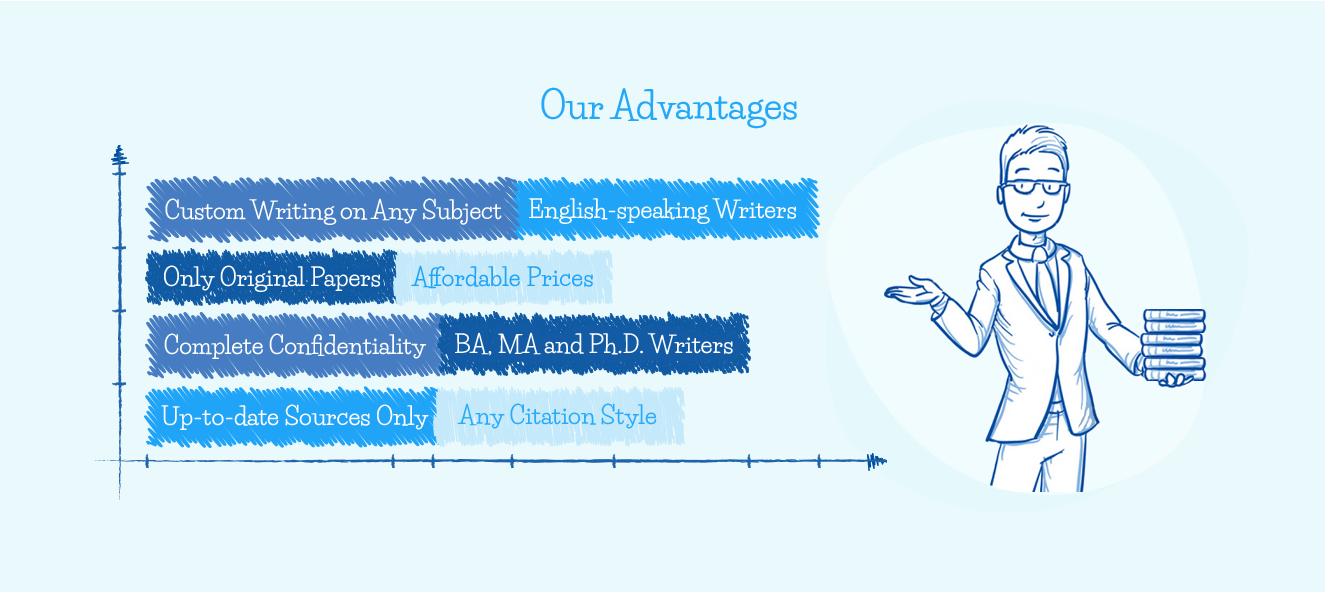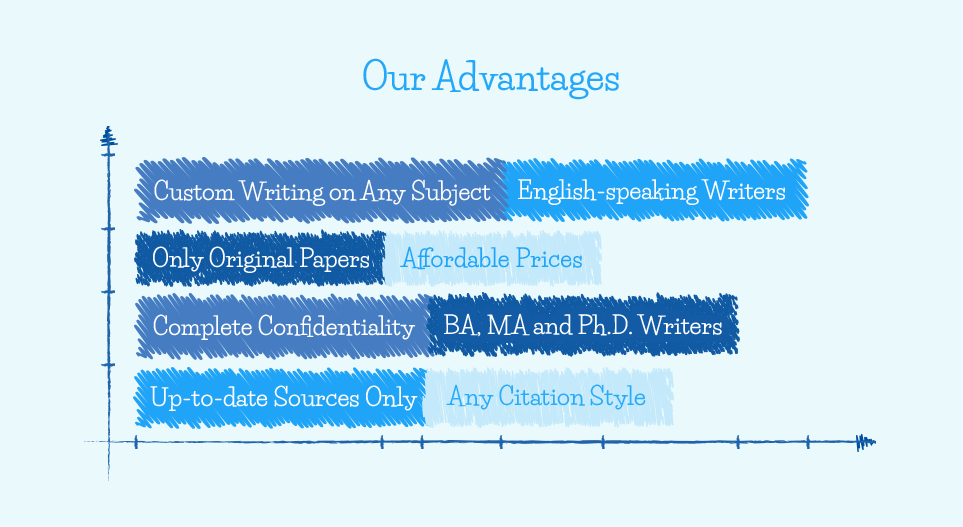Winthrop’s Puritanical Conception of Liberty
The right to liberty of every citizen is an integral part of a civilized society. In 1645, a Puritan and one of the leaders of Massachusetts Bay Colony John Winthrop made a speech to the Massachusetts Bay legislature about his Puritanical conception of liberty. He distinguishes two types of freedom: natural and moral. Based on his interpretation of liberty, Winthrop claims that the role of a citizen is to accept the rightness of the authority and God’s rules, while a woman must be subordinate to her husband. He also explains Puritan liberty as subjection to authority, which is incompatible with religious individual freedom prevailing in the 21st century.
According to Winthrop’s view, liberty can be natural and moral and they are fully distinct from each other. The first one means that a person’s conduct has no restrictions and this can lead to dissolute behavior. From his perspective, every human being is a wild beast that cannot be subdued and restrained because of primary instincts to do what is more appropriate for him/her (qtd. in Foner 31). Such behavior is inconsistent with just authority that sets principal rules. Moral (also called federal or civil) liberty is connected with submission to religious and governmental authority. Winthrop refers to the covenant between God and a person as well as among men themselves (qtd. in Foner 31). He idealizes authority, comparing it with the power of Christ. From his point of view, this liberty is honest, good, and just and even if state representatives sometimes make mistakes, it is not their fault but people’s distemper (qtd. in Foner 31). Winthrop makes a difference between these notions because he considers that natural freedom is people’s desire to act in the way they want following their principles and regulations. Such liberty is not beneficial for the authorities. That is why he suggests a moral one, which is based on religious concepts as well as state covenants and constitutions. Religious institutions and authorities impose this freedom on people because their main goal is to control the multitude.
On the basis of two kinds of liberty, Winthrop affirms that a citizen must obey the rules of the State and God. From his point of view, people who possess natural freedom “cannot endure the least restrain of the justest authority” (qtd. in Foner 31). To govern the multitude, the state representatives encourage it to accept moral liberty, claiming that subjection to authority is the manifestation of this type of liberty (qtd. in Foner 31). Being guided by religious concepts, citizens believe in this freedom, thinking that only those who submit to the state power will get genuine liberty. Therefore, according to Winthrop, the main role of the citizens is to accept the rightness of the authority, which is based on God’s laws.
Furthermore, Winthrop discusses liberty in relationships between a wife and her husband and asserts that a woman must accept the male’s authority. He emphasizes that every female chooses her husband by herself and from that moment, this man must become the embodiment of divinity for her. Therefore, she must worship him as she recognizes his authority due to her liberty but not because of her servitude (qtd. in Foner 31). Winthrop is convinced that the powers of Christ and a husband are equal and, therefore, a wife must perceive any positive or negative act of her man as a blessing. In this case, the only freedom a woman has is obedience. A wife is obliged to accept this status because only by being subordinate to her husband’s authority she will be able to enjoy such civil liberty. Meanwhile, those women who do not submit will not feel any peace in their spirit (qtd. in Foner 32). This concept is incompatible with the present-day vision of freedom in marriage when men and women have equal rights. Similarly, religious institutions are much less dogmatic than in the 17th century because they do not impose a concrete model of behavior on spouses but give them some advice on how to govern their life.
Finally, Winthrop’s understanding of Puritan liberty as serfdom to authority is inconsistent with the individual religious freedom of the 21st century because people are free in their choices now and they can opt for any religious confession. Nowadays, it is illegal to force people to follow certain rules and laws as it was in the times of Puritanism. In that period, the authority punished dissidents and those who did not adhere to the ordinances of the church. However, nowadays every American is free to declare their religious beliefs and convictions.
How it works
Step 1
Visit our website and go to the order formStep 2
Fill in specific essay details in your order description sectionStep 3
Pay for your custom essay and get your order verifiedStep 4
Process of writing your academic assignmentStep 5
Editing and anti-plagiarism checkStep 6
On-time delivery of an already written essayTo conclude, liberty is an essential part of human existence. John Winthrop describes his comprehension of freedom from the Puritan viewpoint and distinguishes between two types of freedom. People who behave like beasts possess natural liberty. They manage themselves according to their desires and needs. Consequently, they can manifest corrupt or even rebellious behavior. Another type of freedom is moral, which depends on the state’s authority and religious principles. Winthrop does not support unrestrained personal conduct because permissiveness is an evil that can cause negative consequences. With these perspectives in mind, he explains the citizens’ connection with the State and God and the relationship between husband and wife. In particular, the role of a citizen is to obey the authority and a woman’s obligation is to submit to her husband’s power. The Puritan’s liberty is different from today’s religious freedom because it is more just and allows freedom of choice.

















